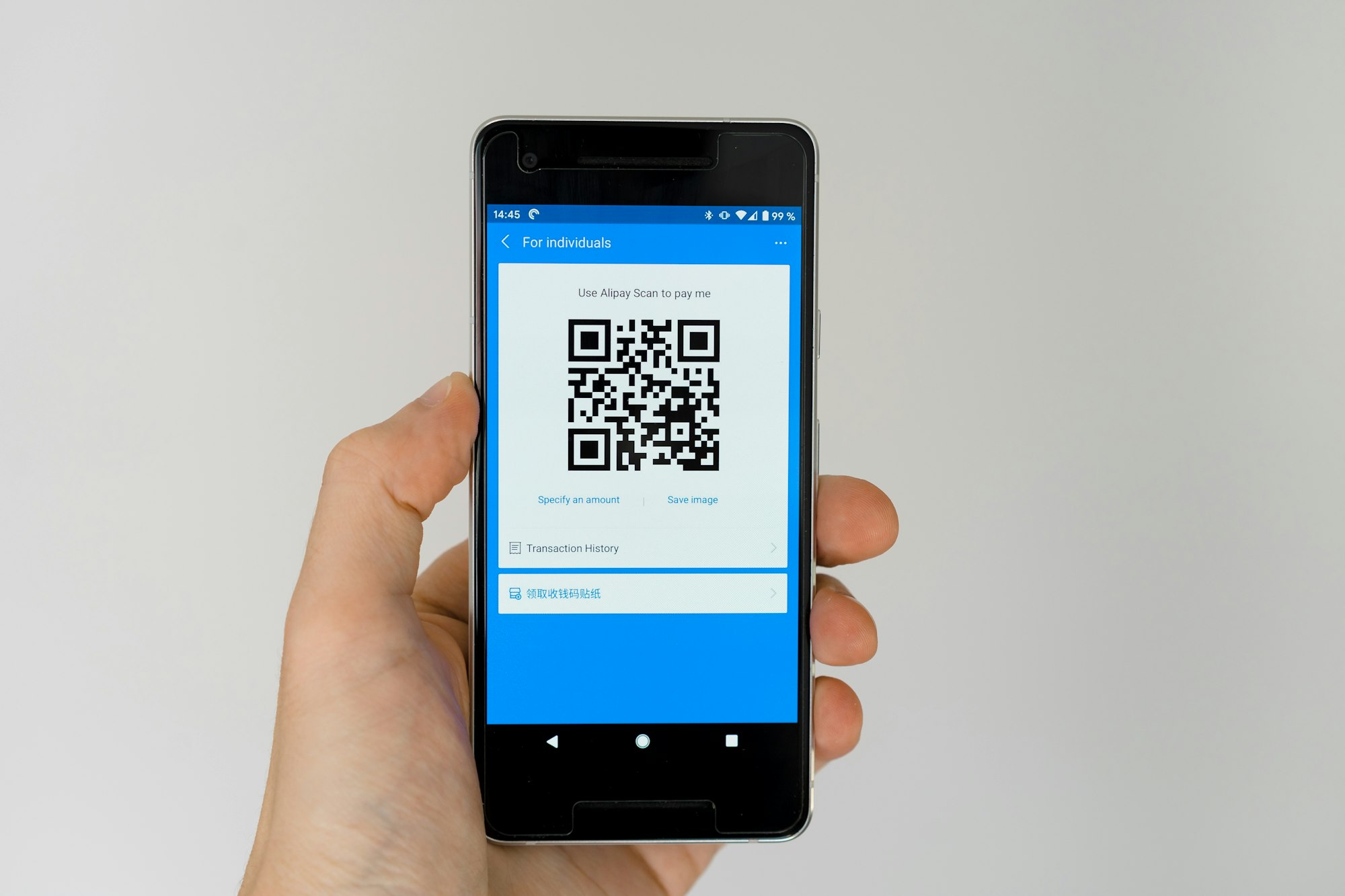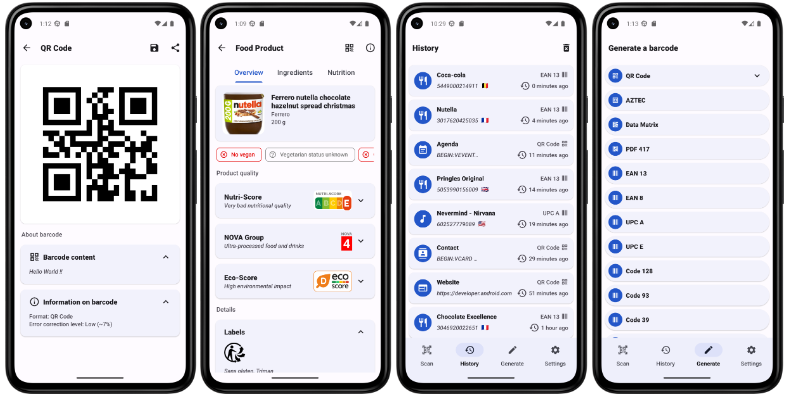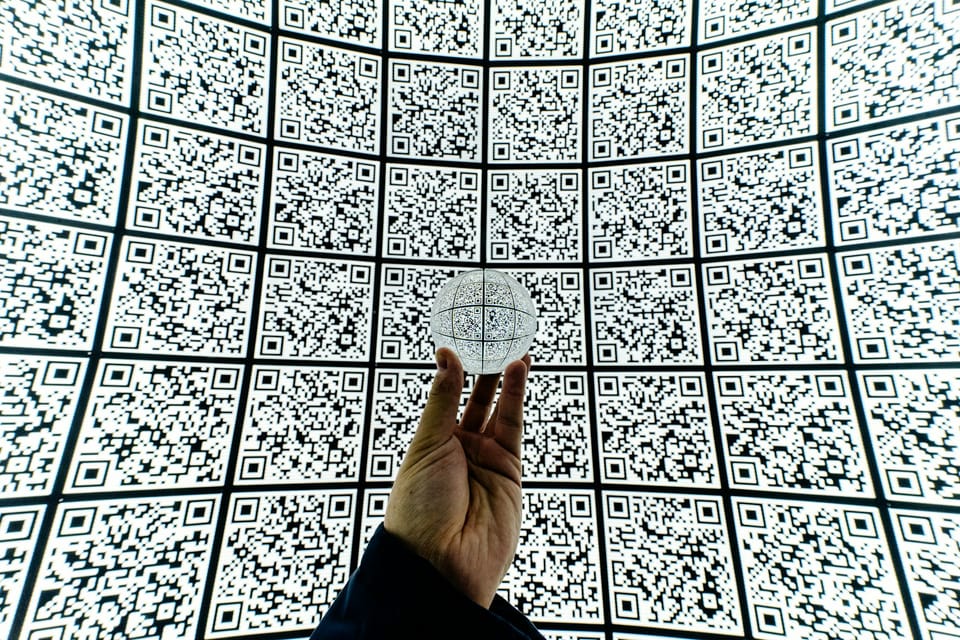How QR Codes Track the Scientific Journey
The cornerstone of scientific progress lies in meticulous tracking. Every experiment, from the delicate dance of chemicals in a test tube to the thundering roar of a rocket launch, hinges on capturing data with precision and clarity. While the quest for knowledge thrives on meticulousness, traditional paper-based tracking methods often hold researchers back. Time-consuming manual entries, error-prone transcriptions, and the sheer difficulty of sharing data across collaborators hinder efficiency and transparency.
Enter QR codes, those ubiquitous black-and-white squares, poised to revolutionize how scientific experiments are tracked and data is collected. Imagine using a user-friendly code generator like ME-QR to create codes that not only identify samples but unlock a wealth of information throughout the experiment, fostering seamless data collection and collaboration.

QR Codes on Lab Bench to Data Cloud
Science has embraced QR code tracking, recognizing its potential to revolutionize data collection and analysis across various disciplines.The applications of QR code tracking are far-reaching:
- Sample Labeling: Each sample, from delicate DNA strands to complex tissue cultures, can have its own unique QR code, encoding vital information like origin, treatment history, and analysis results.
- Equipment Identification: Track instruments, apparatus, and even lab notebooks with QR codes, streamlining resource management and ensuring proper calibration.
- Protocol Steps: Embed QR codes within your protocol document, allowing researchers to scan and access detailed instructions directly at each step, minimizing errors and promoting adherence.
The information encoded in the QR code can vary depending on your needs. It could include sample metadata, experimental conditions, timestamps, or even links to detailed online protocols. Integration with data management platforms allows for centralized collection and analysis of all experiment data, providing a holistic view of your research journey. Choosing the right QR code format and scanning devices depends on the volume of data and desired access level.
QR code Examples as Science Speaks in Squares
Scientists across various disciplines are already unlocking the power of QR code tracking. Here's how this innovative technology is reshaping data collection and analysis in fields ranging from epidemiology to consumer behavior studies:
- Biologists: Tracking the growth and development of genetically modified organisms using QR codes embedded in microfluidic chips.
- Chemists: Monitoring chemical reactions in real-time through sensor data transmitted via QR codes, allowing for dynamic adjustments and optimization.
- Engineers: Labeling prototypes and components with QR codes to track performance data and facilitate troubleshooting across design iterations.
These are just a few examples, and the possibilities are endless. Quantifiable results showcase the impact: A research group using QR code tracking in a large-scale genomics project reported a 30% reduction in data entry time and a 5% decrease in data errors.
Challenges and the Future of QR codes
In the realm of QR code tracking, several critical themes emerge. First and foremost is the imperative of data security. Ensuring the integrity and confidentiality of information encoded within QR codes is paramount to prevent unauthorized access and breaches.Another challenge lies in capacity limits.
Standard QR codes have inherent constraints in data storage capacity, which can pose limitations when dealing with extensive datasets. Exploring advanced formats and compression techniques becomes essential to address this limitation effectively.
Looking ahead, future innovations hold tremendous promise. Integrating QR codes with sensor data, artificial intelligence-driven analysis, and blockchain technology opens up new avenues for real-time monitoring and automated data interpretation, revolutionizing scientific research and discovery processes.
As technology evolves, the future of QR code tracking in science is bright. Imagine experiments where data seamlessly flows from lab bench to analysis through the power of QR codes, driving scientific progress forward at an unprecedented pace. So, next time you see a QR code, remember - it might not just lead to a website, but unlock the key to decoding the secrets of the universe, one tiny square at a time.



